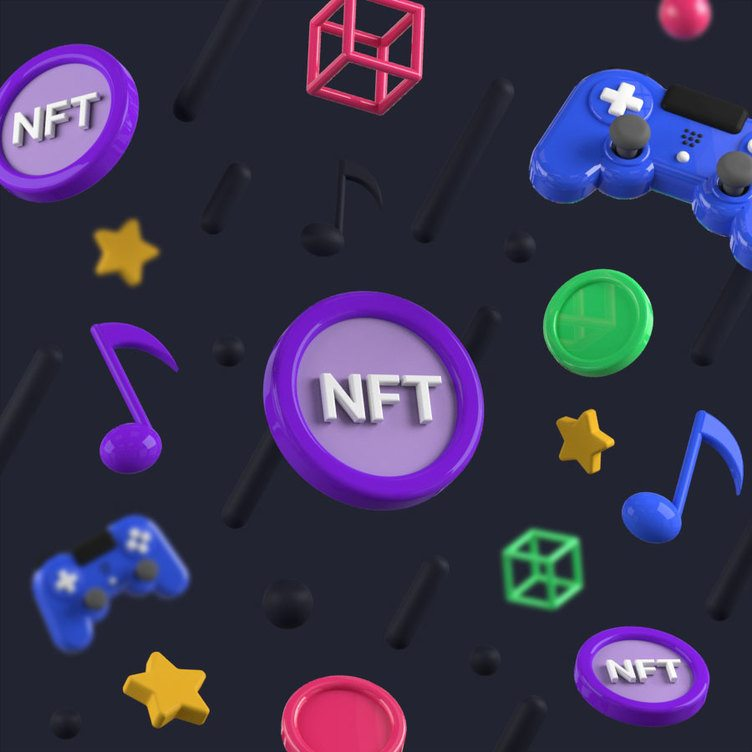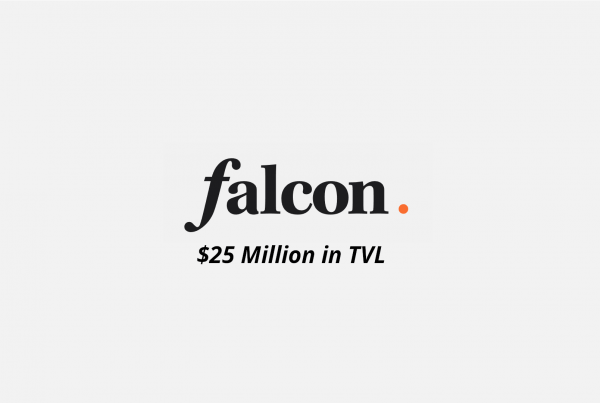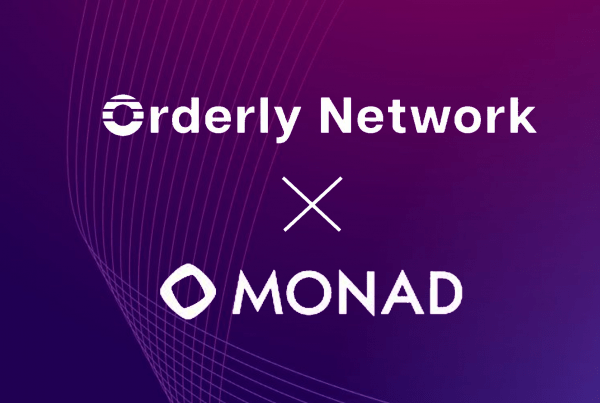
Non-fungible tokens (NFTs) have created a lot of opportunities especially in the gaming sector. This fast-growing crypto sector took off in 2021 following the rise of play-to-earn (p2e) games such as Axie Infinity. Currently, NFT gaming accounts for close to half of the total activity on decentralized protocols.
So, why are NFT games becoming popular? At the very core, the NFT p2e gaming model is a lucrative source of income for gamers across the world. Unlike traditional gaming ecosystems, NFT-oriented games are designed to incentivize players with valuable in-game items that can be traded on established NFT marketplaces such as OpenSea and Rarity.
With only a few years of existence, NFTs are not only a source of entertainment but livelihood for some people; one of the main reasons that Axie Infinity rose to fame was its popularity within the Philippines market where some players made more money compared to the average income.
Well, this market has since evolved to feature more p2e ecosystems, some of which are more action-focused than the pioneer p2e games. Let’s take a deep dive into some of the NFT gaming niches where one can generate a passive source of income.
1. Decentralized Esports Gaming and Streaming
The esports gaming market has grown significantly within the past few years to hit $957 million in 2019 according to Statista, this figure is expected to triple by 2024. Ideally, esports involves organized video gaming tournaments or events where players can compete against each other on an international level. While still relatively new, this particular game-play has caught the attention of both gaming enthusiasts and heavyweight investors.
Even better, NFTs are introducing an opportunity for esports stakeholders to make some money while enjoying the experience. Today, one can organize an esports tournament on an NFT-oriented platform such as Ignite Tournaments, which is based on the play-to-earn model. This gaming ecosystem features a native token $TENKA that allows players to create or engage in the featured tournaments.
Additionally, Ignite Tournaments collects 10% of the funds allocated to various prize pools; the proceeds are then re-distributed as ecosystem rewards to liquidity providers, stakers and the gamers. In doing so, this NFT esports gaming and streaming platform has created an avenue for prospects to earn $TENKA through Ignite’s mobile application.
2. Trading Card Games (TCG)
TCG games are another way to earn some extra income in NFT gaming. Contrary to the traditional TCG environments, NFT-focused TCG games introduce the aspect of on-chain ownership. Furthermore, it is possible to sell one’s cards via NFT marketplaces or exchange them for an equally valuable digital collectible.
Splinterlands is currently one of the most popular NFT TCG games; as per Dapp Radar stats, this ecosystem enjoys close to 500K daily users with a transactional volume of over $79 million. Based on the p2e mechanics, Splinterlands allows players to earn some money for participating in the game.
The only requirement to engage in Splinterlands’ TCG game is a $10 purchase of a unique card that comes with several attributes. Players can leverage this collectable card to battle against other participants. More importantly, these NFTs can be traded through several marketplaces, enabling gamers on Splinterlands to realize a quantifiable off-chain value.
3. Metaverse Gaming
By now, most tech savvy individuals might have come across the metaverse concept; though it is still quite foreign, everyone, including corporations like Facebook and Microsoft want a piece of the pie. So, what does the metaverse hold for gaming enthusiasts? For starters, the metaverse not only features a futuristic gaming ecosystem but a virtual world where people can replicate their real-world lives through NFT-designed avatars.
Some of the trending metaverse ecosystems that are gaining traction include Decentraland and The Sandbox. These two platforms consist of virtual land parcels where interested techies and gamers can acquire space and develop on-chain games to add value. In return, the owners are rewarded through ecosystem incentives collected from players who choose to engage in the virtual activities (events, concerts and games).
Given the underlying potential in virtual worlds, it comes as no surprise that traditional game publishers, including the likes of Ubisoft have signaled an interest in the metaverse. While it may be still early to predict whether video gaming will eventually shift to blockchain and VR supported environments, it is crystal clear that the metaverse is opening up a new style of living and gaming in the post-covid era.
Conclusion
Bitcoin may have started as a revolution against the traditional financial ecosystem but it has given rise to a decentralized economy, featuring an advanced gaming industry. As NFTs become more mainstream, more gamers will likely opt for this ecosystem, given that one can trade in-game items to enhance their characters or cash out of the game. It is both fascinating and futuristic to live in the NFT gaming era!



